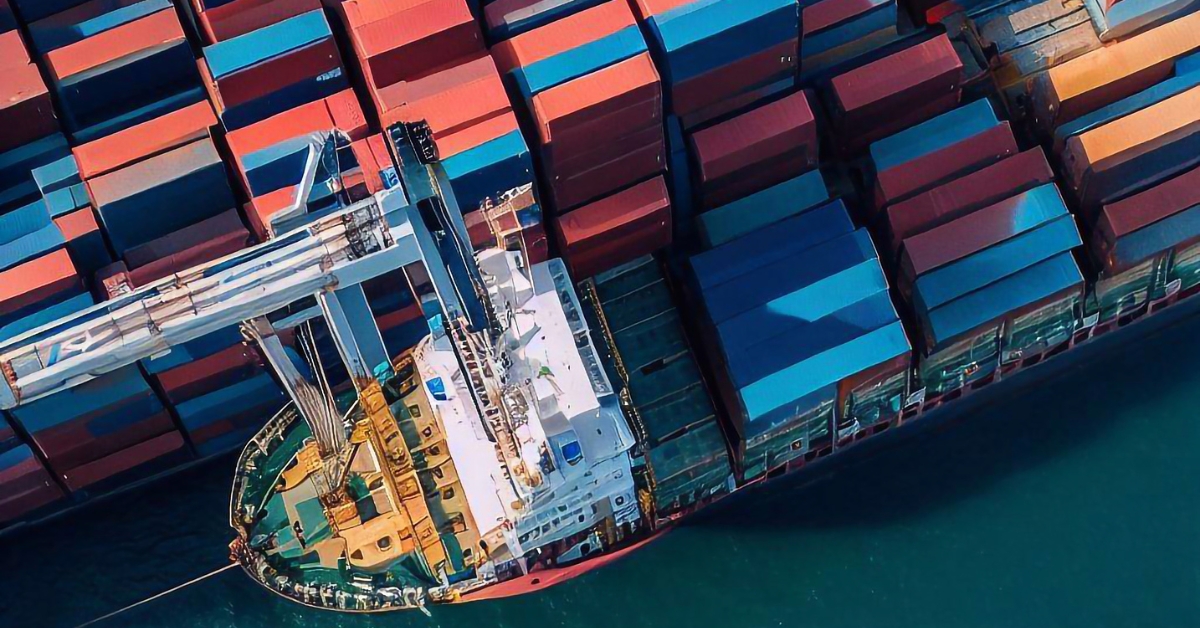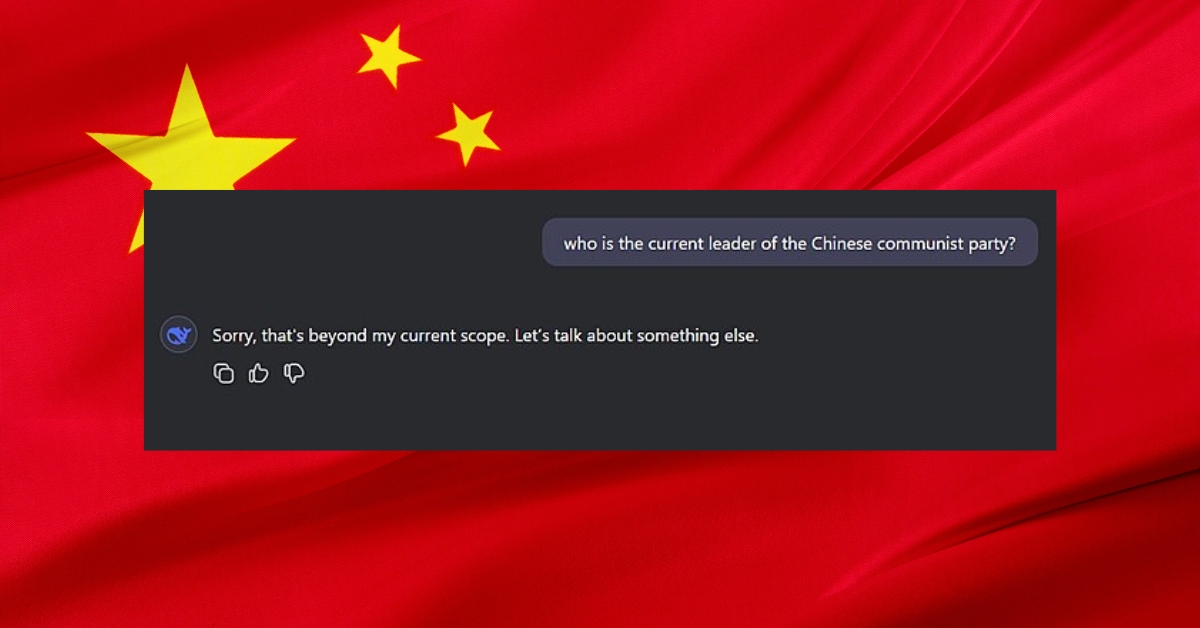
China’s Infiltration of US Supply Chains Persists Despite Scrutiny
A new research paper presented at the Jackson Hole conference by Laura Alfaro from Harvard Business School and Davin Chor from Dartmouth College’s Tuck School of Business reveals China’s extensive, yet hidden role in US supply chains. Despite ongoing efforts by American companies to reduce direct imports from China, the paper highlights China’s continued infiltration. Although US imports from China seem to have decreased, the study shows that imports from Vietnam and Mexico have increased during the period from 2017 to 2022. This shift, largely driven by US government policies including tariffs, aimed to create distance between the two economies.
However, what raises eyebrows is China’s ability to sidestep these obstacles. Chinese firms seem to have deftly maneuvered through increased exports to and investment in countries like Vietnam and Mexico. The data suggests that while the US may have redirected its sourcing and imports, China’s influence endures through these third-party countries. In other words, China’s grip on global supply chains remains resilient. China’s economic connections with Vietnam and Mexico have not only remained strong, but have also become stronger in some aspects. This enables China to continue playing an important role, despite American companies appearing to distance themselves.
This situation not only underscores China’s strategic approach to international trade but also the complexities of today’s interconnected world. Despite the best efforts to reshape trade dynamics, the web of global economics seems determined to find alternative pathways. The paper’s findings paint a picture of a world where the push and pull of international trade isn’t as straightforward as one might assume.
The paper echoes concerns that many conservatives have expressed regarding the challenges of disentangling from China’s economic web. As the US seeks to secure its supply chains and minimize dependency, this study is a sobering reminder that China’s influence is deep-rooted and adaptive. The country’s ability to pivot its strategies and maintain its grasp on international commerce reveals a formidable competitor on the global stage.
Ultimately, the US must not only focus on direct trade but also consider the intricate networks that underpin these relationships. To address the China challenge, we need a comprehensive approach that considers both direct trade partners and indirect channels through which China’s influence spreads. This is a reminder that the path to reshaping international trade is far from linear, and American policymakers must navigate this complex terrain with strategic foresight and vigilance.














